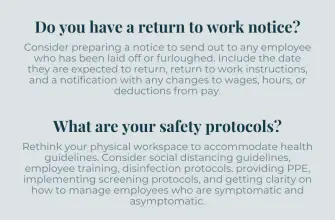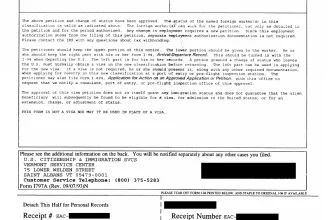Understanding the complexities of employment contracts is crucial for both employers and employees. These legal documents outline the terms and conditions of employment, including the rights, responsibilities, and obligations of both parties. A breach of an employment contract occurs when either party fails to fulfill their part of the agreement. This can lead to a range of legal consequences, including lawsuits, penalties, and damages. This article will delve into the risks, remedies, and legal consequences of breaching an employment contract.
Understanding Breach of Employment Contract
A breach of contract, in the context of employment, occurs when either the employer or the employee fails to fulfill their obligations as outlined in the contract of employment. This could include an employer not paying an employee’s wages or an employee not performing their job duties. The breach contract means that the terms and conditions of employment contract have been violated.
There are different types of breaches, including a fundamental breach, which is a serious violation that allows the aggrieved party to terminate the contract and sue for damages. For example, if an employer fails to pay an employee’s wages, this could be considered a fundamental breach. On the other hand, a minor breach, such as an employer being late with a single wage payment, may not justify termination, but the employee could still potentially sue for damages.
Risks of Breaching an Employment Contract
There are several risks associated with breaching an employment contract. For employers, these risks can include financial penalties, damage to their reputation, and potential legal action. For employees, the risks can include job loss, financial penalties, and potential legal action. In some cases, the breaching party may also be required to compensate the non-breaching party for any losses incurred as a result of the breach.
Remedies for Breach of Employment Contract
There are several remedies to a breach of contract, depending on the nature and severity of the breach. These remedies for breach of contract can include:
- Compensation: The breaching party may be required to compensate the non-breaching party for any losses incurred as a result of the breach. This is often the most common remedy for a breach of contract.
- Specific Performance: In some cases, the court may order the breaching party to fulfill their obligations under the contract. This is often used in cases where monetary compensation is not sufficient to remedy the breach.
- Termination: In cases of a fundamental breach, the non-breaching party may have the right to terminate the contract.
- Injunction: The court may issue an injunction, preventing the breaching party from continuing their breach.
Legal Consequences of Breaching an Employment Contract
The legal consequences of breaching an employment contract can be severe. If an employer breaches contract, they could face legal action from the employee, including a breach of contract claim or a lawsuit for damages. The question of how much can you sue for breach of contract depends on the nature and severity of the breach, as well as the specific laws in your jurisdiction.
Similarly, if an employee breaches their contract, they could face legal action from their employer, including termination of employment and a lawsuit for damages. In some cases, the employee may also be required to compensate the employer for any losses incurred as a result of the breach.
Understanding Employment Contract Law
Employment contract law varies by jurisdiction, but there are some common principles. For example, employment contracts are legally binding, meaning that both parties are legally obligated to fulfill their obligations under the contract. If either party fails to do so, they could face legal consequences.
In the UK, for example, the concept of “frustration of contract” applies when unforeseen circumstances make it impossible for one or both parties to fulfill their obligations under the contract. In such cases, the contract may be terminated without any legal consequences.
In the Philippines, employment contracts are governed by the Labor Code, which provides protections for employees and outlines the obligations of employers. Breaching an employment contract in the Philippines can result in penalties for the employer, including fines and potential imprisonment.
Conclusion
Understanding the risks, remedies, and legal consequences of breaching an employment contract is crucial for both employers and employees. By fulfilling their obligations under the contract, both parties can avoid the potential legal and financial consequences of a breach. If a breach does occur, it’s important to seek employment contract advice to understand your rights and options.









